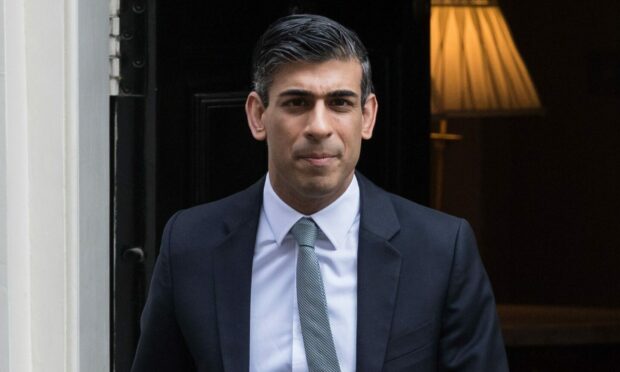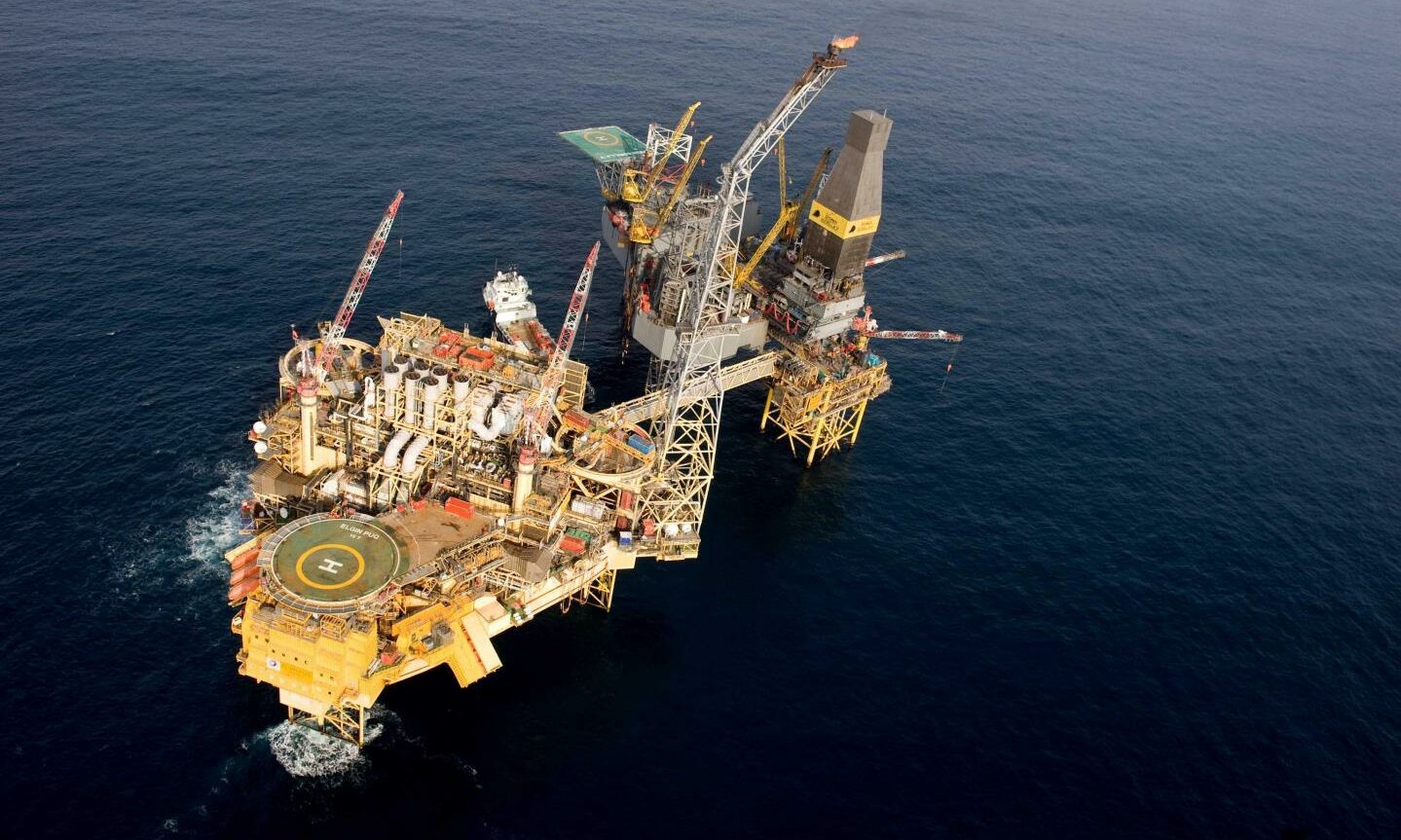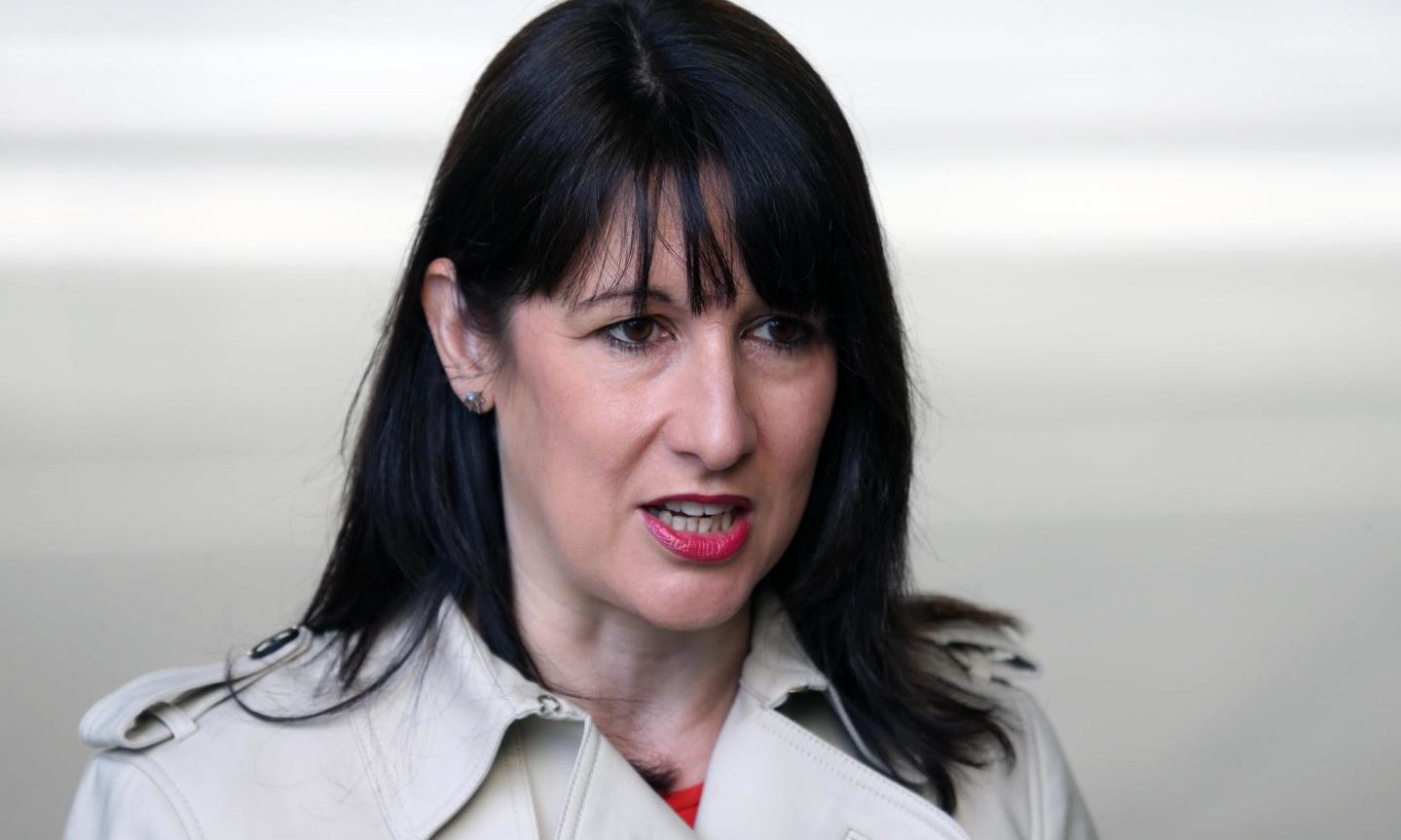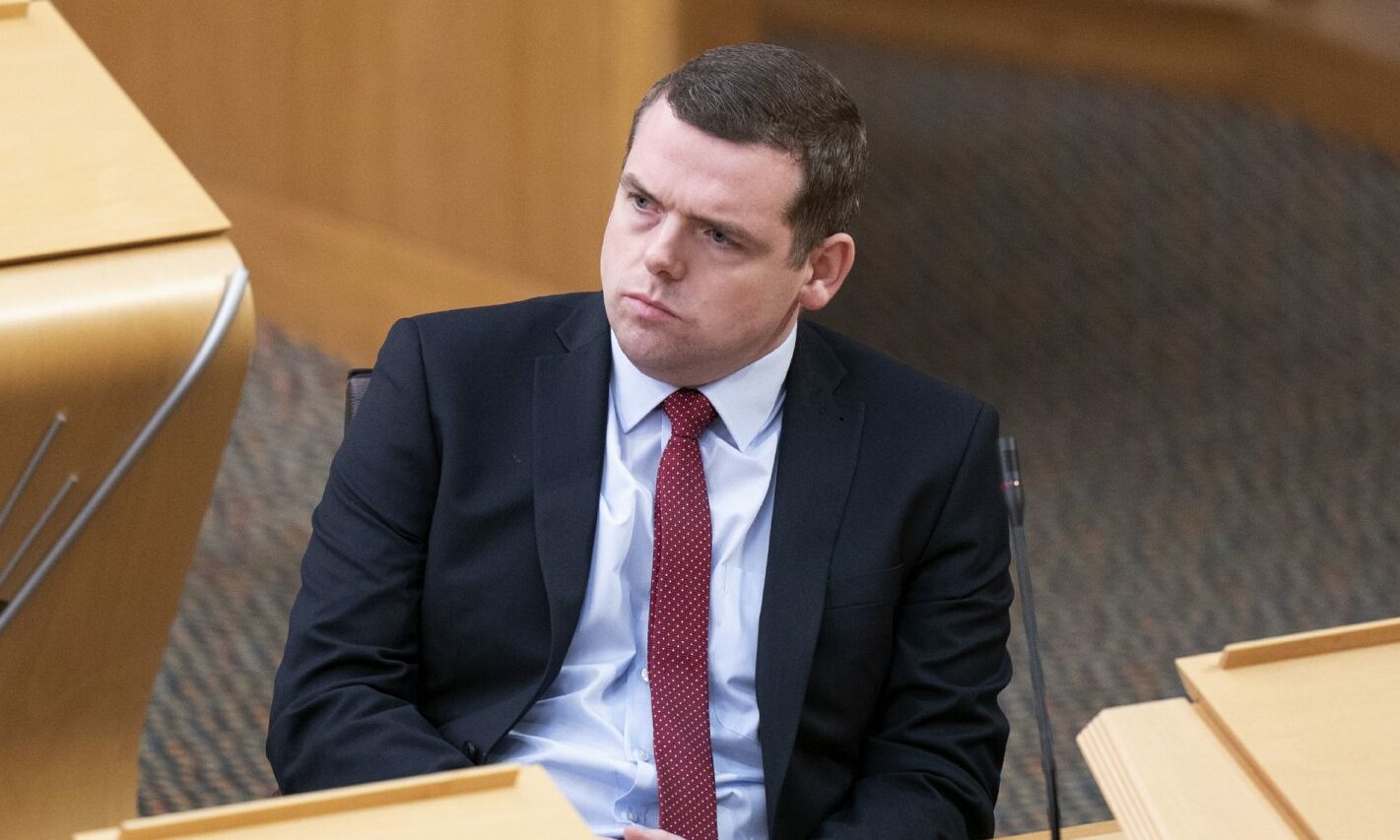Households will have £400 knocked off energy bills this October in a windfall tax aimed at tackling the cost of living emergency.
The scheme extends an automatic £650 to the eight million poorest households where they already receive Universal Credit, tax or pension credits and other means-tested social security.
Chancellor Rishi Sunak confirmed he would hit oil and gas firms in the North Sea with a one-off, temporary raid on energy profits to pay for it.
Here’s all you need to know.
What is a windfall tax?
A windfall tax targets major businesses aimed at curbing excess profits to pay for government schemes.
This one targets oil and gas firms who rake in billions while families struggle to pay their bills.
Tax revenue collected then gives the government more scope to offer support packages for those in need.
Calls for a windfall levy against energy companies have escalated as oil and gas prices soar across the globe.
How will it work?
Mr Sunak confirmed oil and gas firms will temporarily be charged 25% of their excess profits.
The chancellor estimates this will bring £5 billion into the treasury, which will then be dished out to help households pay their bills.
The levy come with an investment allowance to stop firms pulling out of the North Sea.
The treasury chief confirmed a “Sunset clause” so that the windfall tax will expire when oil and gas prices return to “normal” levels.
The money raised will go directly to the UK Government before it is distributed.
The treasury say £41 million will go directly to Holyrood for spending decisions to be made there.
UK-wide measures to help the public cope with their bills will include a £400 grant for all households, as well as targeted one-off payments for low-income families, disabled people and pensioners.
Why did the Tories wait so long?
Senior Tories had consistently opposed implementing any form of windfall tax, criticising the proposals as “unconservative” and anti-business.
They feared it would potentially deter investment in Scotland’s north-east and even rejected the proposals in a parliamentary vote.
But in recent weeks it was reported that Mr Sunak was warming to the levy as the cost of living crisis refused to abate.
The chancellor claimed he had been forced to take action after it was confirmed the energy price cap is set to rise by another £800 later this year.
Mr Sunak said he was taking a “pragmatic” approach and added: “It is possible to both tax profits fairly and incentivise investment.”
Labour shadow chancellor Rachel Reeves said the Tory U-turn showed they were “winning the battle of ideas” in Westminster.
Didn’t the Scottish Tories say this would be a bad idea?
The Scottish Conservatives have repeatedly insisted it would damage Scotland’s economy in the north-east.
Douglas Ross previously branded the levy a “Labour gimmick” and insisted oil and gas firms already paid high taxes.
Despite this, Scottish Tory politicians backed Mr Sunak’s statement and claimed the measures were “proportionate”.
North East MSP Liam Kerr said: “This is a targeted move. It is not the smash-and-grab raid the SNP and Labour wanted, but a helping hand directly to those who would otherwise struggle to heat their homes.”
What does the industry say?
Energy firm bosses are against a windfall tax and claim it will damage the economy.
Offshore Energies UK has warned the levy could “disrupt planning and investment” in the north-east.
Chief executive Deidre Michie said: “The reality is that we are already the UK’s most highly taxed industry. UK oil and gas operators pay 40% tax on their offshore profits.”
The treasury has already benefited from higher energy prices.
– Ryan Crighton, Aberdeen and Grampian chamber of commerce policy director
How are the SNP reacting?
The SNP has backed measures to take excess profits from major companies, but previously suggested this could be expanded to non-energy firms.
In the House of Commons, MP Kirsty Blackman accused Mr Sunak of U-turning on a windfall tax to distract from Sue Gray’s damaging partygate report.
She warned that the chancellor’s emergency support package to help struggling households does not go far enough.



